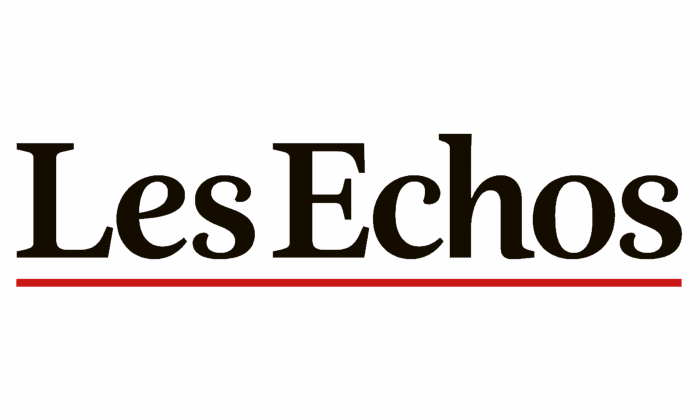
The idea that the central bank can, by cancelling the public debt it holds, erase the problem, is a recurring temptation. Yet such a strategy is ineffective while also carrying serious dangers. On the budgetary front, the cancellation of debt held by the central bank brings no lasting benefit to the Treasury. Indeed, the Banque de France, owned by the State, returns its profits—including those derived from the interest paid by the State on the bonds it issues and the Bank purchases—back to the Treasury in the form of dividends. Cancelling the debt therefore amounts to cancelling both the interest burden and the corresponding dividend flow.
Debt monetization—that is, its purchase by the central bank—can temporarily resolve the painful increase in interest costs that markets could impose in the event of heightened concern over debt levels. However, this solution nonetheless entails fundamental dangers as soon as it becomes repeted and permanent.
Unlimited monetization or outright cancellation of all or part of the debt can profoundly disrupt the functioning of economic actors. In fact, they remove the monetary constraint: the need to repay debt or refinance it under “normal” conditions.
Yet confidence in money corresponds to a reliable and efficient system for settling debts. Money is indeed the instrument that discharges the debts arising from commercial exchanges. A loss of confidence in the proper settlement of debts thus leads to a loss of confidence in the outcome of exchanges, and in money in the very essence of its function. Money is therefore the fundamental bedrock of social cohesion in market economies, as Michel Aglietta has analyzed.
The loss of confidence in money, stemming from the abusive use of debt that ultimately requires monetization or cancellation, is not just a theoretical risk. Many economic episodes—from Weimar Germany to more recent cases in emerging economies like Argentina—illustrate the distrust, even flight from money, when it is no longer anchored in sound management of public finances and monetary policy. This flight may then shift, for example, toward locally created alternative currencies, gold, or today’s crypto-assets. The resulting social, economic, and political crises are dramatic. In France, the euro mitigates this risk, but other member countries could sooner or later refuse to share in such a danger.
An uncontrolled rise in debt is therefore not just a technical or budgetary issue: it opens the way to a fundamental challenge to confidence in money and to the stability of society itself. Easy solutions that rely on discretionary monetization or debt cancellation in disregard of common rules expose society to a systemic danger.
Olivier Klein
Professor of Economics at HEC